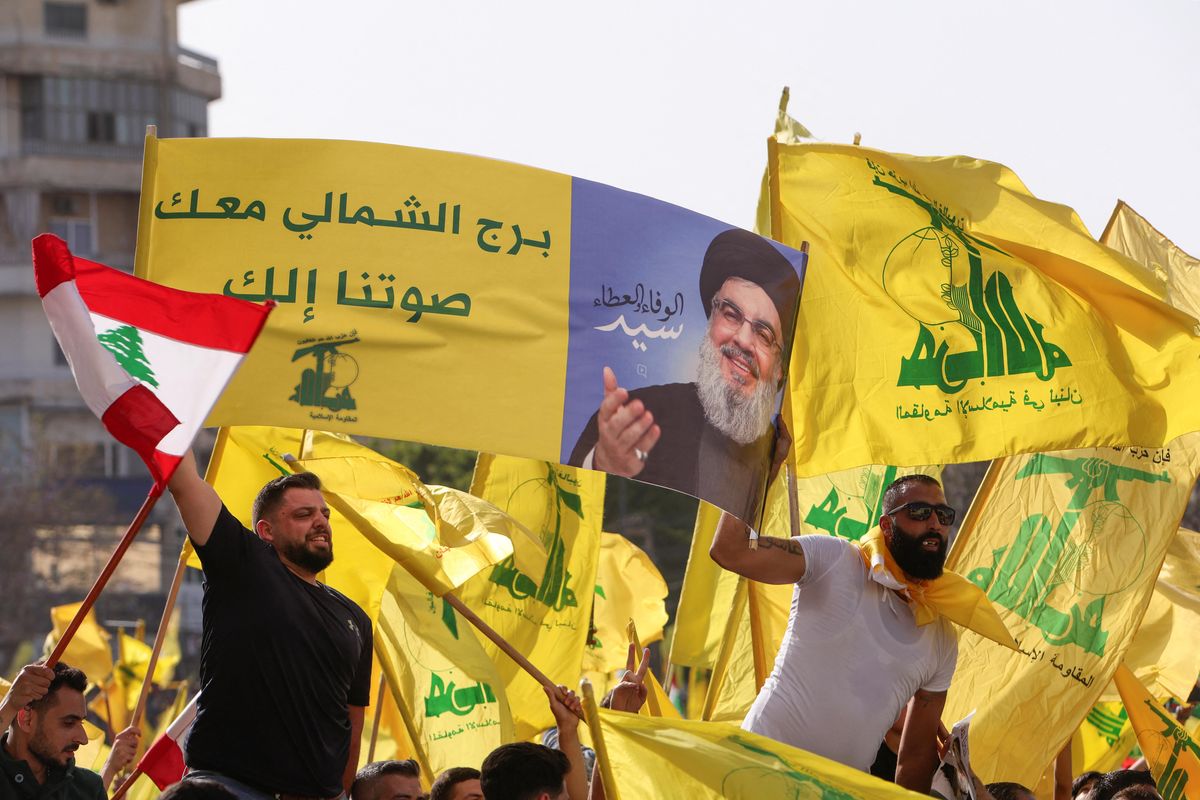Corruption and mismanagement have become the hallmarks of Lebanese governance.
In 2019, the country’s ill-managed economy imploded thanks to a self-serving political elite, and in 2020, an explosion resulting from government negligence killed 230 people at a Beirut port. Subsequent attempts to stonewall the criminal investigation of the blast again exposed the greed and malice of those in charge.
In short, things need to change.
Voters will cast their ballots on May 15 in general elections for the first time since all hell broke loose three years ago. Is there any hope for a political turnaround, or will the country continue rolling over a cliff?
Decades of deterioration. Years of government mismanagement and corruption coupled with ongoing sectarian violence since the country’s civil war ended in 1990 have fueled low expectations and apathy amongst Lebanon’s electorate. Indeed, decades of pocket-lining by politicians, combined with successive governments racking up mountains of debt, have crashed the economy and sent standards of living into a free fall.
Since 2019, Lebanon’s currency has lost 90% of its value, and inflation now stands at an unfathomable 215%. Lebanese who have seen their savings dry up and their opportunities dwindle are increasingly disillusioned, and they lack trust in the government's ability to improve their plight. As a result, only 54% of eligible voters say they plan to vote, according to Oxfam.
Ongoing sectarian strife is part of the equation. Earlier this year, former PM Saad Hariri – son of slain Sunni PM Rafik Hariri – announced his resignation from politics, leaving a political vacuum. Many Sunni Lebanese – roughly one third of the population – don’t intend to vote.
Analysts say this could be good news for Hezbollah, the Shiite political party and militant group backed by Iran and deemed a terrorist organization by the US and EU. Led by Hassan Nasrallah, a hardliner, Hezbollah has been dubbed a state within a state, because it has vast military capabilities, provides some social provisions, and takes independent actions at home and abroad – like firing rockets into Israel – that invariably impact the Lebanese state.
Hezbollah’s coalition already holds around 55% of parliamentary seats and is hoping to pick up some Sunni votes to further consolidate power. The Saudis are clearly worried about it too: A prominent Saudi columnist reportedly called Hariri a “traitor” for backing out of the election and allowing Hezbollah to fill the void.
What’s at stake?
Much-needed dough. With 75% of the country living below the poverty line, Beirut has been engaged in ongoing negotiations with the International Monetary Fund for access to loans and aid.
Last month, the two sides reached a preliminary agreement for a $3 billion loan contingent on Lebanon implementing a series of reforms, including getting rid of bank secrecy laws that allow the central bank to withhold information from donors, and restructuring the banking sector.
Still, if the past is prologue, the political elite will likely continue dragging their feet on reforms that might be detrimental to their personal interests and wealth. Hezbollah has displayed some willingness to negotiate with the IMF, though it says it won’t agree to any austerity measures that would hurt its base, the majority of whom are poor.
While this loan is just a drop in the ocean compared to Lebanon’s crushing $70 billion debt, it would still be an important stepping stone, analysts say, toward boosting investor confidence.
Who's watching?
Surely, the Gulf states, which are locked in a semi-rapprochement with Beirut after a rocky 18 months. The Saudis and Emirates once flooded Lebanon with cash but withdrew as Hezbollah’s – and Iran’s – grip on power tightened. Things got worse last year after a Lebanese minister criticized Riyadh’s onslaught in Yemen, prompting the Saudis to block all Lebanese imports.
The Saudis, for their part, have shown a willingness to patch things up. But it’s hard to imagine that the two states will get much cozier if Hezbollah’s power continues to grow.
The status quo presents big problems for Washington. Many members of Lebanon’s political class, who Washington partners with to try and cut off terrorist financing, are also obstructing the reform efforts needed for unlocking international aid.
Inside Lebanon, the marriage of convenience continues: Lebanon’s political elite siphon money, and Hezbollah seem to get carte blanche to fire rockets at Israel and wage Tehran’s regional war. The people of Lebanon, meanwhile, continue to suffer.






